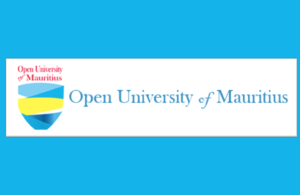A Neo-Institutionalist Approach to Understanding Drivers of Quality Assurance in ODL: The Case of the Open University of Mauritius
 In recent years, quality assurance (QA) in higher education has received increasing attention by academics, learners, institutions, and governments alike. Many open universities (OUs) have taken steps to re-define or re-orient their systems and practices to integrate quality. While there is a growing body of literature on QA best practices, there has been little investigation into the factors that influence institutions to improve or adopt QA and how these factors impact on the specific manifestations of institutional QA. This paper examines the challenges of QA implementation in OUs and, using a neo-institutionalist lens, it advances a framework for understanding drivers of institutional QA implementation. The framework is applied to the case of the Open University of Mauritius (OUM). Existing literature, institutional records, interviews and reports are analysed to assess how exogenous and endogenous factors have influenced QA implementation at OUM, with a focus on addressing the specificities of open and distance learning (ODL). A better understanding of the drivers of change for QA can help OUs plan the implementation of QA mechanisms in a more comprehensive way and to systematically develop a culture of quality that responds to the ideological and practical context of ODL.
In recent years, quality assurance (QA) in higher education has received increasing attention by academics, learners, institutions, and governments alike. Many open universities (OUs) have taken steps to re-define or re-orient their systems and practices to integrate quality. While there is a growing body of literature on QA best practices, there has been little investigation into the factors that influence institutions to improve or adopt QA and how these factors impact on the specific manifestations of institutional QA. This paper examines the challenges of QA implementation in OUs and, using a neo-institutionalist lens, it advances a framework for understanding drivers of institutional QA implementation. The framework is applied to the case of the Open University of Mauritius (OUM). Existing literature, institutional records, interviews and reports are analysed to assess how exogenous and endogenous factors have influenced QA implementation at OUM, with a focus on addressing the specificities of open and distance learning (ODL). A better understanding of the drivers of change for QA can help OUs plan the implementation of QA mechanisms in a more comprehensive way and to systematically develop a culture of quality that responds to the ideological and practical context of ODL.







